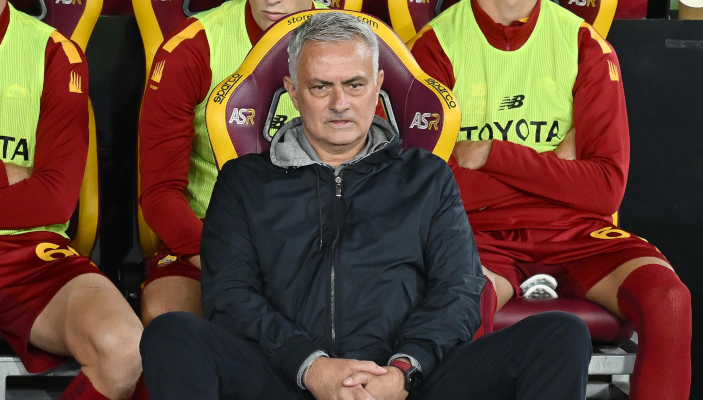One by one, they dropped away, Morocco’s hopes of overcoming France diminishing just a little at each step. Nayef Aguerd, the central defender, fell by the wayside in warm-ups. Romain Saiss, the captain, finally admitted — to himself, as much as anything — that he was injured after a quarter-hour of play. Noussair Mazraoui, patched up and pushing through, did not return for the second half.
Even at full strength, Morocco might not have beaten France on Wednesday, but there can be little doubt its chances were hampered by having to play the biggest game in its history with a makeshift defense. Unfortunately, that is the lot of the underdog on these occasions. The latter stages of World Cups are, ultimately, as much a test of resources as of talent.
Very few teams outside of soccer’s established powerhouses make it as far as the semifinals of a World Cup, which is to say that merely doing so is, without question, an achievement in itself. The rare ones that have are, for the most part, easily recalled: Croatia in 2018 (and 1998), Uruguay in 2010, South Korea and Turkey in 2002, Bulgaria and Sweden in 1994.
Even fewer, though, make the final. Of those teams, only Croatia, four years ago, made that last step. For everyone else, it was at the semifinal stage that the clock struck midnight, the reverie came to an end, and cold, unforgiving reality once more took hold.
There are a handful of reasons for that. The most immediate, of course, is that the further you go in the competition, the higher the quality of your opponent. The World Cup is designed so that each step is harder than the last. Only eight countries, after all, have ever won it. The tournament’s structure is such, too, that it tends to allow teams — especially the traditional contenders — at least a little time to work out whatever faults they may have, to gather a head of steam.
But perhaps most pertinent is the intensity of it all. The meeting with France was Morocco’s sixth game in 22 days, and France’s sixth in 23. That workload is more easily handled by a team of France’s resources than Morocco’s, largely because the gap between the caliber of France’s first team and that of its reserves is significantly smaller.
When Morocco was seeking an equalizing goal, it threw on a forward who plays his club soccer in Saudi Arabia. France’s second, clinching goal was scored by one of the brightest prospects in Germany’s Bundesliga, one of Europe’s elite domestic competitions.
It is not impossible, of course, that a smaller team might one day lift a major trophy. Croatia almost got there at the 2018 World Cup. Greece won the European Championship — soccer’s second-most-exacting tournament — in 2004, a genuine outsider that made it all the way. For the most part, though, the teams that illuminate soccer’s grandest stages every few years, the unheralded and the unfancied, do so knowing that the longer they remain, the louder, the more urgent, is the ticking of the clock.


